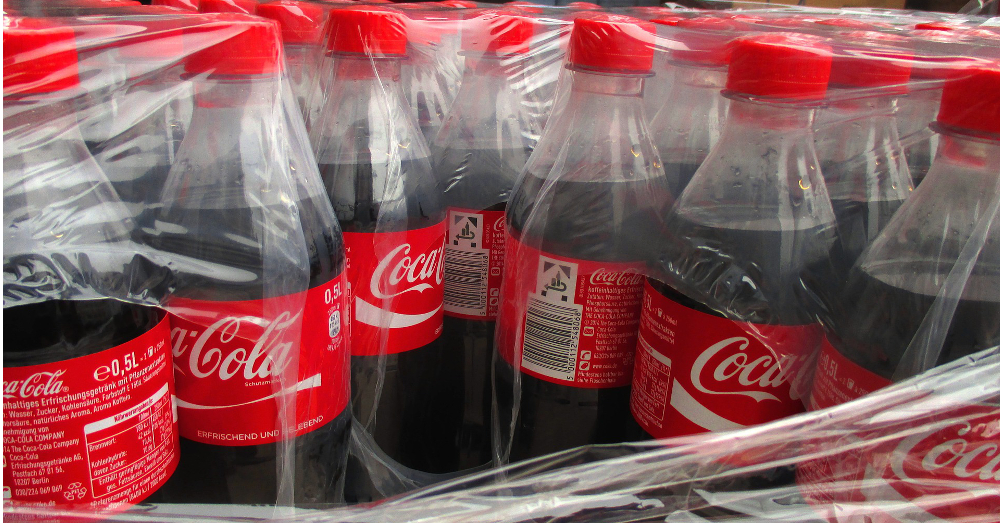
New C.D.C. Chief Saw Coca-Cola as Ally in Obesity Fight
Dr. Brenda Fitzgerald wrote an opinion piece for the Coca-Cola Journey website that said “We must get our students moving, not only during the school day, but also after.”
July 22, 2017 | Source: The New York Times | by Sheila Kaplan
Dr. Brenda Fitzgerald wrote an opinion piece for the Coca-Cola Journey website that said “We must get our students moving, not only during the school day, but also after.”
When she was health commissioner of Georgia, the state with one of the highest rates of child obesity, Dr. Brenda Fitzgerald faced two enormous challenges: How to get children to slim down and how to pay for it.
Her answer to the first was Power Up for 30, a program pushing schools to give children 30 minutes more exercise each day, part of a statewide initiative called Georgia Shape. The answer to the second was Coca-Cola, the soft drink company and philanthropic powerhouse, which has paid for almost the entire Power Up program.
Dr. Fitzgerald is now in the spotlight as the Trump administration’s newly appointed director of the Centers for Disease Control and Prevention, making her one of the nation’s top public health officials. And she finds herself facing a backlash from public health advocates for having accepted $1 million to fight child obesity from a company experts say is a major cause of it.
Her new position puts her at the helm of a federal agency that shook off its ties to the soda giant, in 2013, after concluding Coke’s mission was at odds with its own. But Dr. Fitzgerald suggested in an email response to questions from The New York Times this past week that she would consider accepting Coke money for C.D.C. programs and would evaluate any proposal through the agency’s standard review process.
Georgia Shape was established by Gov. Nathan Deal in 2011, after the legislature called for a statewide school fitness program, and was run by Dr. Fitzgerald. In 2013, Dr. Fitzgerald started Power Up for 30 with a million-dollar contribution from Coke. The money amounted to most of the program’s $1.2 million budget over the past four years.
